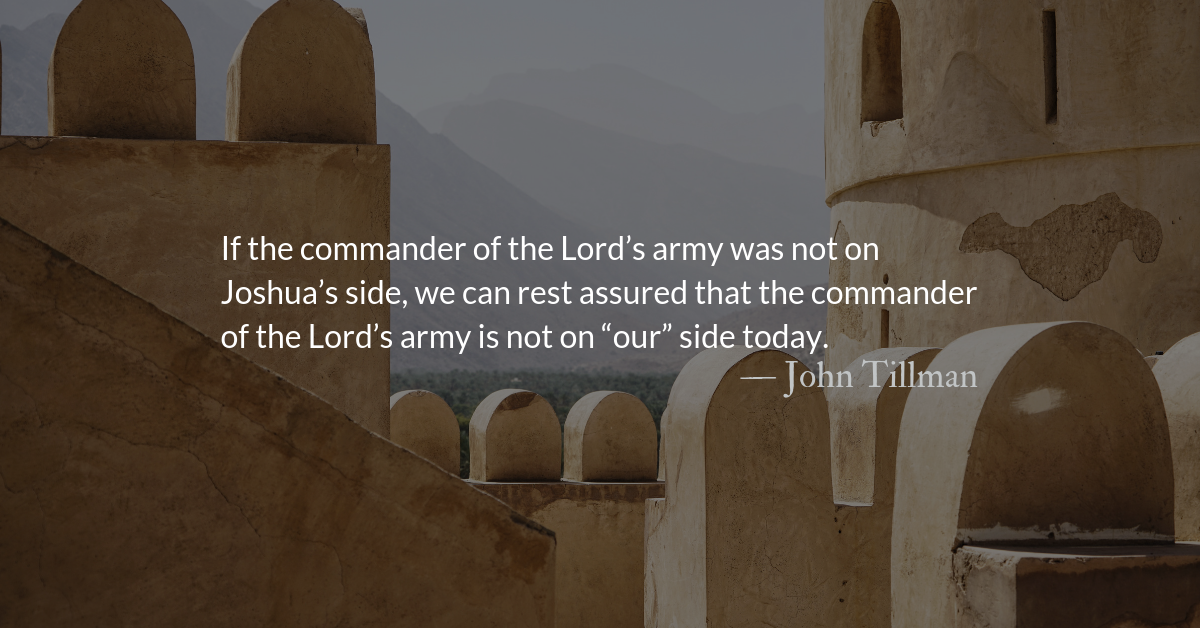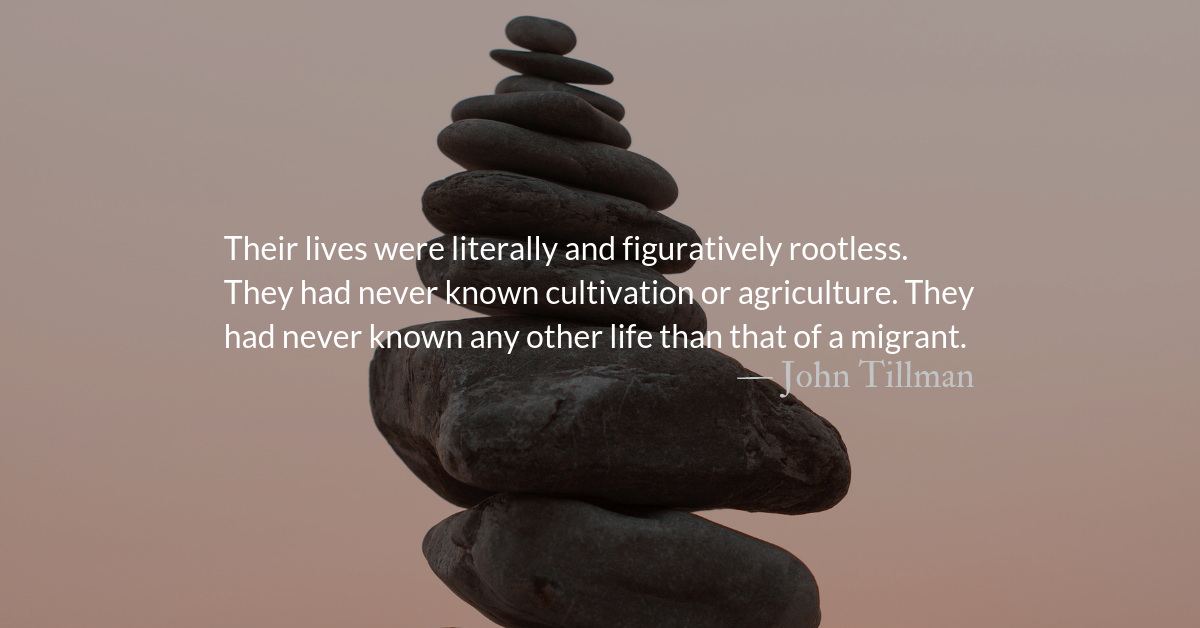Scripture Focus: Joshua 1.2-3
2 “Moses my servant is dead. Now then, you and all these people, get ready to cross the Jordan River into the land I am about to give to them—to the Israelites. 3 I will give you every place where you set your foot, as I promised Moses.
Reflection: A Better Joshua
By John Tillman
Human leadership is flawed and highly variable. Even poor leaders occasionally do something positive. Even great leaders fail in some ways. When changing leaders there is sometimes the fear that the new leader will not live up to the last one and sometimes the hope that someone better is now taking charge.
If Meribah had gone differently, Israel may not even have experienced the change of leadership described in the first chapter of Joshua. It is only due to his own frailty that Moses is excluded from the promised land and Joshua is promoted.
Moses was the human liberator of the people of Israel. He set them free from slavery. He led them into an unknown future with a promise of finding peace.
Joshua was the one tasked to fulfill that promise. Moses had established the spiritual identity of Israel. Joshua was to establish the territory of Israel, giving them geographical, agricultural, and political identity.
Just as God worked through the flawed human leader, Moses, he promised to work through the flawed human leader, Joshua. Human leaders are sent from and responsible to God, however, we have a better leader in which to hope. Jesus, who’s name is a shortened form of Joshua’s name, is greater than Joshua or Moses.
Jesus is a greater liberator. He liberated us not from a political power but from the spiritual power of sin. Jesus is a greater lawgiver, for his commandment to us is to love one another and his yoke is easy and his burden is light.
Jesus is a greater savior. He saved us not from temporal dangers but eternal dangers. He saved us not merely from armies, snakes, poison, or thirst, which might kill our physical bodies but from our own rebellion, venomous lies, and sins that kill our souls. He satisfies us not with water flowing from a rock but with living water flowing from our renewed hearts.
Jesus is a greater leader. In our lives, his presence is reliable, empowering, encouraging, and patient. When we walk with Jesus, everywhere we set our foot belongs to God. In every place we go and in every role we fill, we press God’s impression into the clay of this world.
We pray for the courage, not only to ask that his will may be done on Earth, but that we may set out to walk in it.
Divine Hours Prayer: The Call to Prayer
Search for the Lord and his strength; continually seek his face. — Psalm 105.4
– Divine Hours prayers from The Divine Hours: Prayers for Springtime by Phyllis Tickle
Today’s Readings
Joshua 1 (Listen – 3:11)
Psalm 120-122 (Listen – 2:12)
Read more about Readers’ Choice 2021
It is time for us to hear from you about the posts from the past eleven months (September 2020 through July 2021) that have challenged and comforted you and helped you find new meaning in the scriptures.
https://forms.gle/ozM13qvW9ouSWhJS7
Read more about Over Jordan
In the story of the transition from Moses to Joshua, from Elijah to Elisha, and from John the Baptist to Jesus, the Jordan symbolizes a change in leadership.





